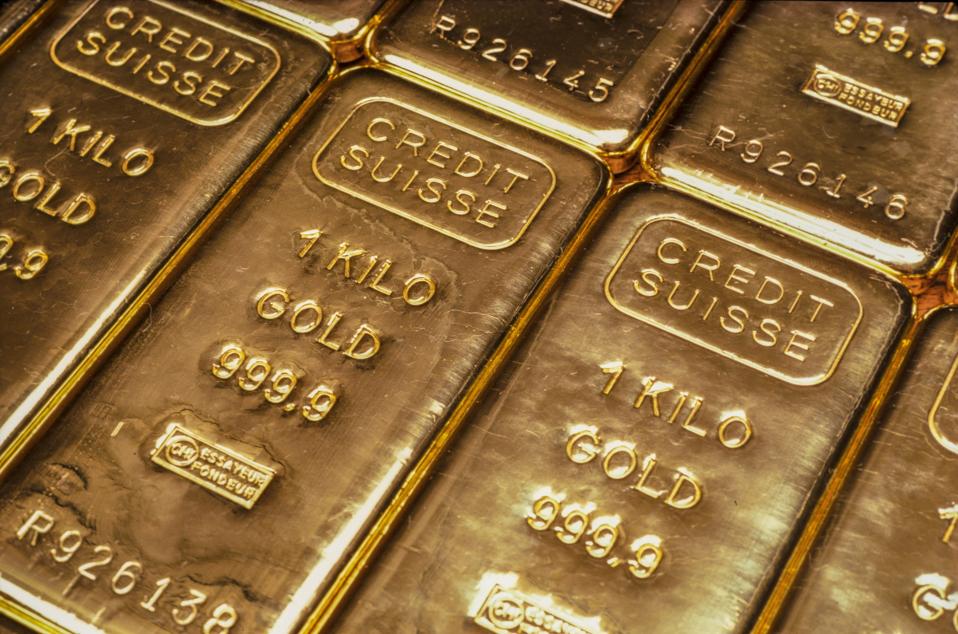Demand for safe haven gold rose to its highest for seven years in the first quarter of 2024, according to the World Gold Council (WGC).
Total bullion demand (including over-the-counter trades) rose 3% year on year between January and March, the body said, to 1,238 tonnes.
Excluding over-the-counter business, gold demand reversed 5% from the corresponding 2023 period, to 1,102 tonnes.
Average gold prices rose 10% year on year in quarter one, or 5% from the final three months of 2023, to an all-time quarterly high of $2,070 per ounce as macroeconomic and geopolitical drove demand for the flight-to-safety asset.
The WGC said that “healthy investment from the OTC market, persistent central bank buying, and higher demand from Asian buyers” all drove gold prices skywards last quarter.
The metal has continued to rise and struck fresh record highs of $2,364 per ounce in early April. It was last dealing at $2,314.
Central Banks Drive Demand
Gold purchases from central banks were especially strong in quarter one, hitting 296 tonnes. This was the strongest start to any year on record.
The WGC noted that “central bank demand is seen as a key driver of gold’s recent performance in the face of seemingly challenging conditions: namely, higher yields and US dollar strength.”
It added that “consistent and substantial purchases by the official sector highlight gold’s importance in international reserve portfolios amidst market volatility and increased risk.”
ETF Outflows Continue
Strong demand from central banks and OTC traders offset further outflows from gold-backed exchange-traded funds (ETFs).
Metal holdings in these financial instruments declined by 114 tonnes between January and March, the council said. Outflows in North America and Europe continued, although holdings in Asian funds moved higher again.
The WGC said that “China generated the bulk of that increase, with renewed investor interest in gold due to the weakening local currency and poorly performing domestic equity markets.”
Meanwhile…
The body described demand from the global jewellery sector as “resilient” despite the yellow metal hitting record prices.
Consumption here dipped 2% year on year in the first quarter. The WGC said that “demand in Asia countered decreases in both Europe and North America.”
Meanwhile, demand from the technology sector leapt 10% year on year thanks to the artificial intelligence (AI) revolution.
On the supply side, mine production reached record quarterly peaks of 893 tonnes, up 4% year on year.
Recycled material reached levels not seen since the third quarter of 2020 as individuals cashed in on the gold price boom. This hit 351 tonnes, up 12% from the same 2023 period.
Gold Demand Tipped To Outperform
For the rest of the year, the WGC expects sustained interest from emerging market central banks and retail investors to support strong gold demand, even as interest in the West continues to disappoint.
Louise Street, senior markets analyst at the body, said that “2024 is likely to produce a much stronger return for gold than we anticipated at the beginning of the year, based on its recent performance.”
She added that “should the price level off in the coming months, some price-sensitive buyers may re-enter the market and investors will continue to look to gold for a safe haven asset as they seek clarity around rate cuts and election results.”

